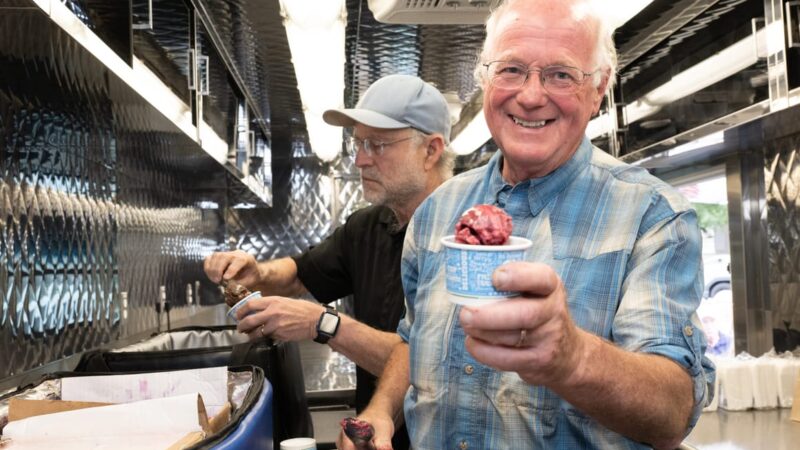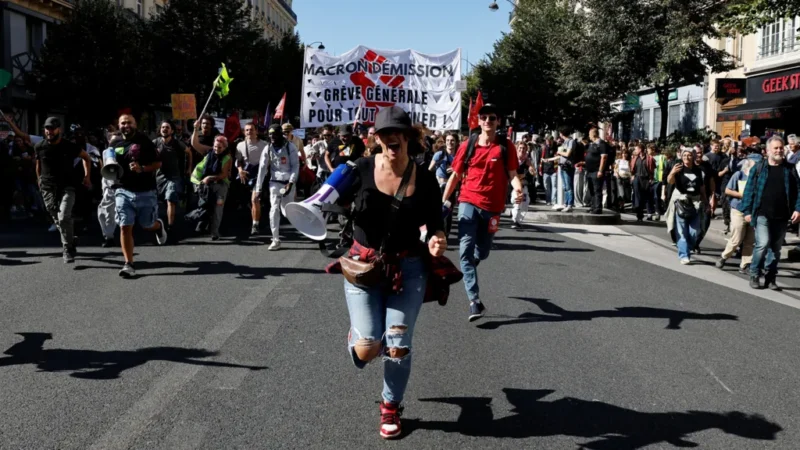As a result of the Covid worries, shoppers are skipping the Christmas sales

In the wake of ongoing COVID worries, the number of consumers taking advantage of post-Christmas deals on Monday plummeted by 32% compared to 2018. Footfall estimates were better than Boxing Day, according to retail analyst Springboard. However, famous retail centres such as central London reported a dip, owing in part to rail service disruptions.
Despite the fact that shoppers chose to shop at retail parks on Monday, foot traffic was still down 7.2 percent from pre-pandemic levels.
This contrasted with a dramatic loss in footfall on High Streets, which fell 40.1 percent in 2019, and shopping malls, which fell 38.8%.
It’s a reverse of the trend witnessed on Boxing Day, when shoppers flocked to High Streets rather than shopping malls. Springboard reported a 37.7% decline in footfall on Boxing Day in the UK compared to the previous year. Footfall fell by 40.2 percent in retail parks, while it fell by 48.4 percent in shopping malls.
Footfall on Boxing Day was down, according to Springboard, due to concerns about COVID, as well as the fact that the customary start of post-Christmas sales happened on a Sunday this year, and some big-name retailers chose to stay closed.
Companies such as Next, John Lewis, and M & S chose to close on Boxing Day in order to offer their employees a longer Christmas holiday, but they did start their sales online.
Footfall plummeted across the UK on Monday, with the biggest decline in Wales, where it fell by 40.3 percent.
On December 26, Wales tightened Covid rules, limiting the number of persons who can meet in bars, theatres, and restaurants to no more than six people.
Similar rules went into effect in Scotland and Northern Ireland on Monday. Footfall at retailers in Scotland declined by 33.3 percent, while it plummeted by 36.6 percent in Northern Ireland.
In England, overall shopping figures have dropped by 31.1 percent. Footfall in London fell by 50% compared to the same day last year, a far steeper reduction than in other parts of the UK.






